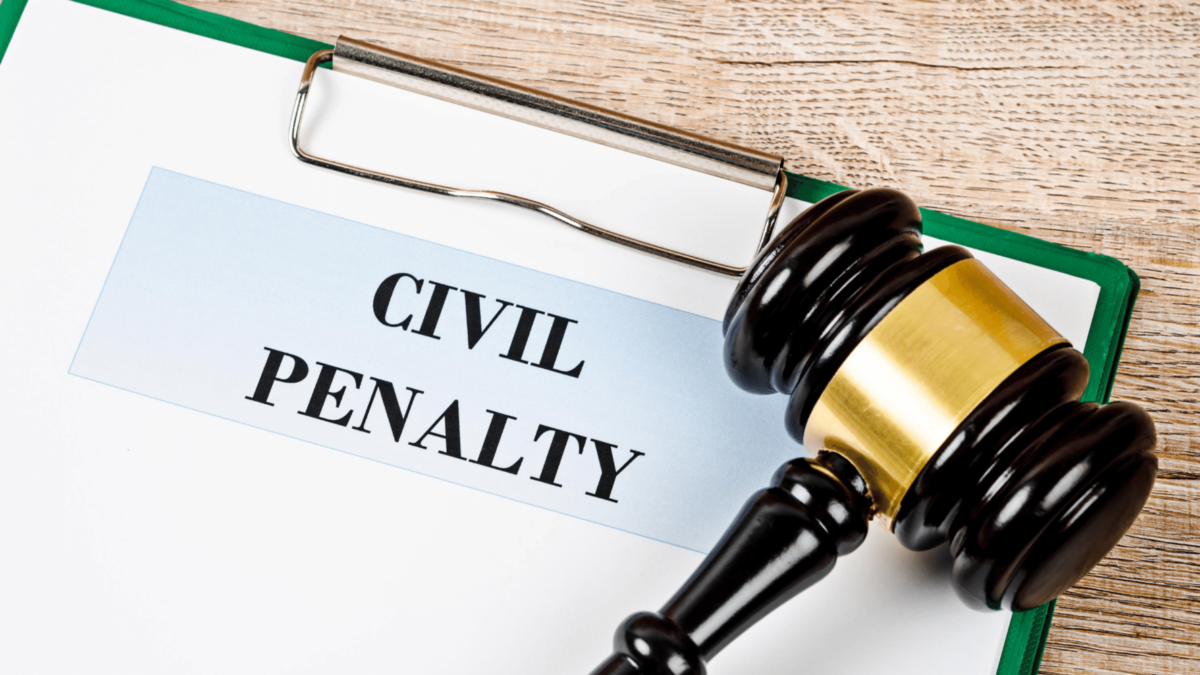What is a Civil Penalty?

How Much Will it Cost to Pay for a Lemon Law Lawyer?
July 21, 2020
How Many Repair Attempts Does a Vehicle Need to Have Before it is Considered a Lemon in California?
August 6, 2020A civil penalty, as its name states, is a penalty assessed to the car manufacturer in an amount of damages beyond the consumer’s “actual damages.” The purpose of the penalty is to “punish” the car manufacturer for its conduct. The penalty under the Song Beverly Consumer Warranty Act can be “up to two times the amount of actual damages.” CA Civil Code Section 1794.
What are actual damages?
In the case of restitution (vehicle buy-back), actual damages amount to the “actual price [of the vehicle] paid or payable by the buyer, including any charges for transportation and manufacturer installed options . . and including any collateral charges such as sales or use tax, license fees, registration fees, and other official fees, plus any incidental damages . . . including, but not limited to, reasonable repair, towing, and rental car costs actually incurred by the buyer.” Because of this, the penalty can be substantial. CA Civil Code Section 1793.2 (d) (2) (B).
When can the civil penalty be assessed?
The penalty can be assessed either 1) when the buyer establishes that the failure to comply was “willful” or 2) when buyer establishes a violation of the Song Beverly Consumer Warranty Act under Section 1793.2 or presumption, and the car manufacturer does not maintain a qualified third-party resolution program that substantially complies with Section 1793.22.
What is willful conduct?
“Willful” conduct on the part of the car manufacturer takes place when the manufacturer “fail[s] to investigate the repair history of the car despite the availability to [the car manufacturer] of that information . . . without making any effort to gather the available information on repair history, [the car manufacturer] might well be deemed to have acted willfully. A decision made without the use of reasonably available information germane to that decision is not a reasonable, good faith decision.” Kwan v. Mercedez-Benz (1994) 23 Cal.App. 4th 174.
A car manufacturer may have also acted “willfully” when the car manufacturer does not act “promptly” in response to a demand. Although “promptness” is not defined by the statute, responding within 30 days appears to satisfy this requirement. For example, in Lukather v. General Motors, LLC (2010) Cal.App. 4th 1041, the car manufacturer willfully violated the lemon law statute when the car “was delivered to the dealer on 2/12/07 . . . [and the complaint] was filed 4/12/07. Between those 2 dates, the Court [found] [car manufacturer] was not acting in good faith in providing a clear prompt spelling out of [consumer] rights under the statute and in trying to persuade [the consumer] to accept a replacement rather than the repurchase he initially and periodically requested.” Id.
What is the other way to obtain a civil penalty?
The other way to obtain a civil penalty is to establish a violation of the Song Beverly Consumer Warranty Act under Section 1793.2 or the presumption period, also known as “Tanner Consumer Protection Act,” and establish that the car manufacturer does not maintain a qualified third-party resolution program that substantially complies with Section 1793.22. However, if the car manufacturer complies within 30 days of receipt of a demand (to buy-back or replace the vehicle), the manufacturer “shall not be liable for a civil penalty.” Section 1794 (e) (4).
Keep in mind that the civil penalty under the Song Beverly Consumer Warranty Act is fact specific and is for a jury to determine.
Learn More by Contacting Our Orange County Lemon Law Firm
Learn more about your case by reaching out to us.
Our Mission Viejo lemon law firm provide free consultations. If we take your case, you are not responsible for paying us any fees under California’s Song Beverly Consumer Warranty Act.
Learn more about Luis Aguirre Law by visiting our other brand profiles: Yahoo, Bing, City Search, and Facebook.
Contact us Today
The information on this posting is for general information and/or educational purposes only and should not be construed as legal advice or a guarantee on the outcome of a particular case. This publication may contain dramatization. This posting is intended for California consumers only. This posting is considered advertisement by Luis Aguirre Law, who is also responsible for its content. Viewing, reading, or receiving the information on this posting does not create an attorney-client relationship. We are not your attorneys until you sign a written contract with Luis Aguirre Law, and the contract is fully executed (signed by attorney). Although information on this posting is deemed accurate, information on this posting should not be acted or relied upon without first conducting an independent investigation and/or obtaining qualified legal counsel, or you do so at your own risk. Attorney is licensed in the state of California only. Attorney Luis Aguirre is bilingual and also speaks Spanish and will provide help in Spanish if you request it. Although attorney limits his practice to the particular field of breach of contract – lemon law, attorney is not a certified specialist in this particular field or any other field of law. See “Our Policies” tab for further details regarding our Privacy Policy, Disclaimer, and Attorney’s Fees.




